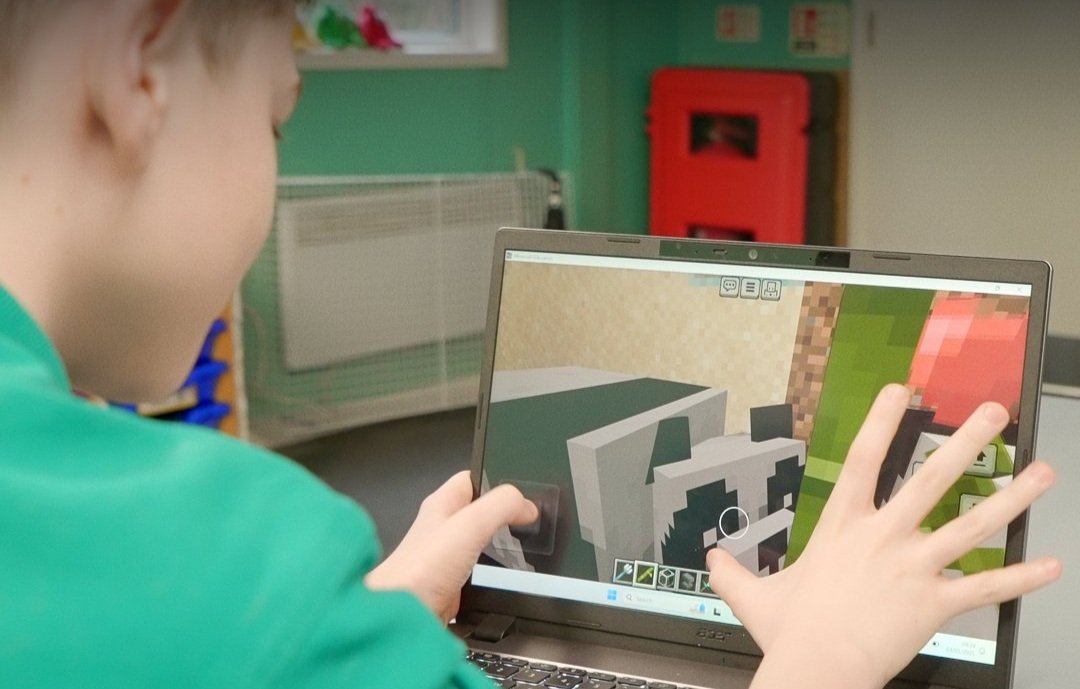Teacher Tapp survey reveals persistent tech failures in classrooms
It's no secret that technology can be both a boon and a bane in the classroom. The recent data from Teacher Tapp reveals a persistent challenge: technology failures. While digital tools have the potential to revolutionise education, their impact is severely hampered when they don't work as intended.
Image from: TeacherTapp
According to Teacher Tapp, providing a snapshot of the past few years, over a third of teachers face technology failures on any given day. Specifically, data shows:
20th May 2024: 37% of teachers reported experiencing tech failures.
26th May 2022: 35% faced similar issues.
16th November 2020: 40% encountered problems.
27th September 2018: 44% struggled with technology.
5th February 2018: 48% reported failures.
While there is a noticeable improvement over the years, the figures still indicate a significant portion of educators dealing with unreliable technology daily.
Several factors contribute to these persistent tech failures:
Unreliable WiFi: 46% of teachers reported that their schools do not have reliable WiFi coverage.
Lack of Tech Support: 43% of educators mentioned the absence of in-school tech support.
Insufficient Training: A staggering 84% of teachers have never received training on digital learning tools and advancements in EdTech.
These statistics highlight that infrastructure and support systems are critical to the successful implementation of technology in education.
For EdTech providers, these insights underline the importance of creating robust and reliable products. Ensuring that technology can withstand the demands of daily classroom use is paramount. This involves not only product reliability but also providing comprehensive support and training resources for educators.
The data from Teacher Tapp suggests that while there has been progress, there is still much work to be done. Enhancing infrastructure, increasing tech support, and offering regular training can significantly reduce the frequency of technology failures. Collaboration between schools, tech providers, and policymakers is crucial to address these challenges effectively.














